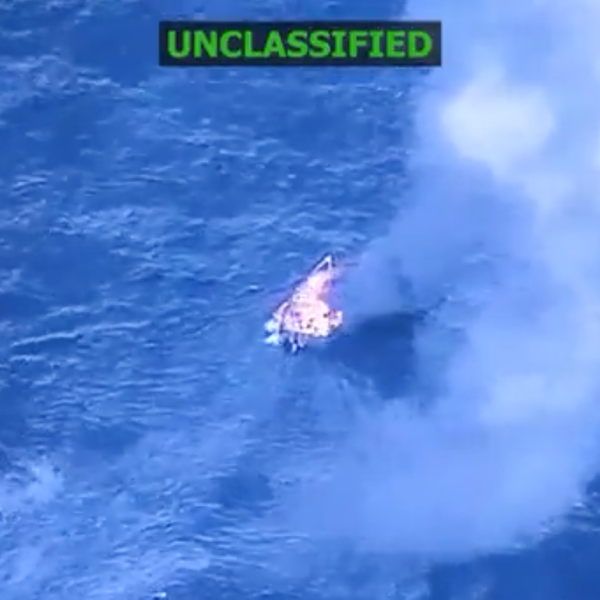Apart from a few enthusiasts of the "surge," most commentators now regard the Iraq war as a terrible mistake. With Democrats likely to take the White House next year, the focus seems to be shifting to the problem of extricating U.S. troops.
Can the war then be chalked up to a painful lesson learned?
On the contrary, after five years of war, it seems that no real lesson has been learned. Indeed, there's a refusal to even acknowledge why it was wrong to invade Iraq.
Sure, there's lots of criticism of the Bush administration for poor war planning, and for squandering U.S. lives and "treasure."
All this is true, but it skirts a more fundamental problem - one that was barely mentioned in all the fifth-year anniversary commentaries last week - that the invasion was a war of aggression carried out in defiance of international law.
This is not a mere technicality. According to the Nuremberg Tribunal, set up by the Allies after World War II: "War is essentially an evil thing ... To initiate a war of aggression, therefore, is not only an international crime; it is the supreme international crime."
The whole international legal system established after 1945 was dedicated to outlawing aggression, with the United Nations Security Council created to act as arbiter.
The Bush administration's decision to invade Iraq without the approval of the Security Council was therefore illegal, as then UN secretary general Kofi Annan has noted.
None of this seems to concern Senator Hillary Clinton, who stands a good chance of being the "anti-war" candidate in the U.S. presidential election.
Of course, Clinton voted in 2002 to authorize an invasion of Iraq. Still, in her tight race with Barack Obama, she's tried to reposition herself as anti-war. She now argues for bringing (at least some) troops home - since, as she said last week, the U.S. has already done enough by giving Iraqis "their freedom."
This is a stunning line of reasoning. Leaving aside the absurdity of suggesting that what Iraqis are experiencing is "freedom," there is the troubling fact that she doesn't seem to be aware - or care - that invading Iraq was contrary to international law.
This indifference to the war's illegality is typical of mainstream political and academic commentators.
Michael Ignatieff, who was prominent among intellectuals supporting the war, failed to even mention the war's illegality in his widely noted mea culpa in the New York Times Magazine last summer. Ignatieff, now deputy leader of Canada's Liberal party, took himself to task in the Times article. "I let emotions carry me past the hard questions, like: Can Kurds, Sunnis and Shiites hold together in peace what Saddam Hussein held together by terror?"
A more basic "hard" question didn't seem to occur to Ignatieff: What right does the United States have to invade other countries?
It seems the lesson learned is to plan better before invading.
As long as commentators confine themselves to this sort of war critique, the imperial assumption behind the war - that the U.S. has the right to invade countries - will remain unchallenged, making more war likely.
Indeed, some of the war's key enablers - like Clinton and Ignatieff - may soon hold power. Clinton may well be in a position to give more people their "freedom."
We in the West are vigilant about aggression in our enemies. Yet, after five years of horror in Iraq, we remain doggedly blind to Western aggression.


